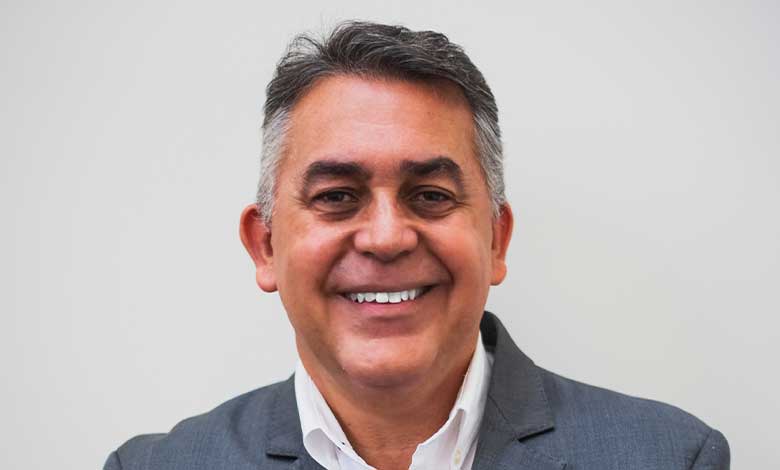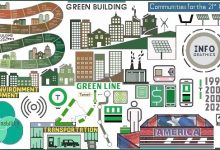
1.Please tell us a little bit about yourself and your work?
I am the CEO and Co-founder of Cit4Life startup, Co-founder and investor of ClickDeal startup, Professor at Fundação Getúlio Vargas (FGV) in Smart and Sustainable Cities, Business Mentor, CFO of Chapter RJ of the Association for Computing Machinery (ACM), Director of New Business and Innovation from the Brazil-Chile Chamber of Commerce. I have been working with technology for more than 25 years in executive positions in large companies involved with IoT projects, urban mobility, Smart Cities and Smartgrid providing consultancy to solutions to Telecom, Energy and Government companies. Bachelor’s degree in Business Administration with a postgraduate degree in Systems Analysis, Management of Management Information Systems and MBA in Business Logistics and most recently a speaker.
I am currently developing some works focused on studying the relationship between people and their Neighborhoods, based on the concepts of Smart Cities and society 5.0.
2.From your experience, what are the main challenges in the transition to a ‘smarter’ city?
I usually tell my students that in fact Cities have always been smart and that it is important to analyze this evolution of technology x society. The role of technological innovations in people’s lives has been punctuating the evolutionary leaps of the population since ancient times, as in the discovery of fire and the invention of the wheel.
We can now observe that the differential in business is not directly due to the lack of a technology, but to the application of it in solving problems, which was even the great motto for strengthening the business models of the so-called Startups.
So we can put technology as a transversal and operational solution for problems. Regarding this statement, we can understand that we must focus on how society is relating to these technologies and how this same technology is integrating the society through communication and social media tools that make contact between people and the rapid dissemination of immediate information . Have you ever imagined what this crisis would be like if it happened in mid-1969, when the internet was being created?
In my view, cities to become “smart” should be studied bottom up and in layers, ranging from the neighborhoods, through the states and then the country. The knowledge and understanding of how to provide quality of life based on sustainability and people’s engagement is essential for us to be successful.
3.What are the technologies that make a smart city smart and innovative?
Information is the key! Today we have 3.9 billion people, that is, a little more than half of the world population (51%), accessing the internet, according to a study by the International Communications Union, 2.5 quintillion bytes are generated daily around the world. How to turn this mass of data into useful information?
We can say that Big Data would be one of those technologies that would drive innovation into Smart Cities, because data-driven innovation is crucial for the future of urban life. The evolution of telecommunication tools, such as the long-awaited 5G and other data transmission technologies to enable the concept and implementation of Internet of Things (IoT) projects, cloud computing, machine learning and especially the adoption of policies for the security and privacy of the data, will be, in my point of view, the main tools to reach the necessary premises for a City to become intelligent.
4.Can you pick one idea or project that your city feels proud of and you would like to share it with us?
We are currently working on the concept that I mentioned, of seeing Cities in layers and that we cannot define a City as “Smart” if we do not have objective and viable indicators to measure each layer. Based on the premise that a set of neighborhoods make up the city, we need to start projects for them by understanding it’s functioning, knowing it’s ecosystem, promoting the engagement of it’s residents and making them independent of the Government. I believe that once Governments focus on more efficient public management and people recover their sense of belonging and start caring more directly for the place where they live, promoting sustainability and seeking a better quality of life, we will have the foundations based for an intelligent society.
5.Can you sum up the smart city of the future in three words
Educated, Healthy and Sustainable











